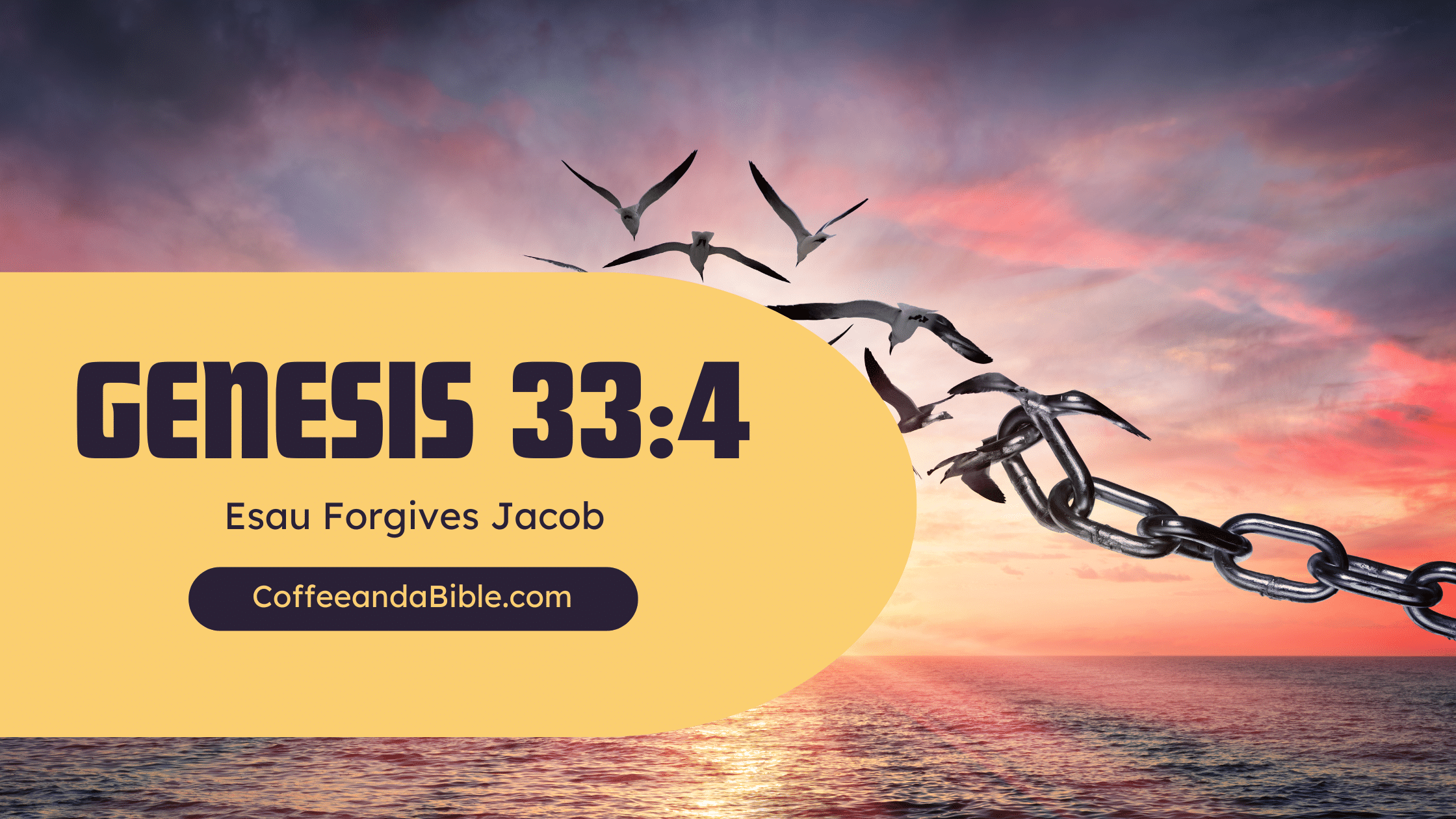It’s easy for us to assume the worst-case scenario at any one given time.
I know I’m guilty of this. If there’s something coming up — whether good or bad — I’ll sometimes start down a path of assuming everything will go wrong. This won’t work, that person won’t like me, the situation will go south — it doesn’t matter. It’s not long before I’m in a dark place.
Can you imagine how Jacob felt before his encounter with Esau?
The Text in Genesis 33:1 starts with an ominous note: “Jacob raised his eyes and looked, and behold, Esau was coming, and four hundred men with him.”
Four hundred men? The only reason Esau would show up to meet Jacob would be if you’re looking to pick a fight. Especially since Jacob told Esau how fabulously wealthy he had become (Genesis 32:4).
Or, at least, that’s what I would’ve been thinking. It’s not fair to automatically assume that was what Jacob thought.
Indeed, Jacob displays his bravery when he runs out ahead of his caravan and bows to Esau seven times. With each bow, he shows his humility and subservience.
Esau’s response is extraordinary. Instead of sending his mini-army to annihilate Jacob, he runs to Jacob and embraces him. This hug has been a long time coming; more than 20 years has passed since they last saw each other, and even then, it wasn’t under the best of circumstances.
Now, they’re brothers again.
After a brief exchange of gifts and pleas to stay with each other, they part ways. The whole scene is noteworthy for its display of forgiveness, humility, and repentance.
And honor. Throughout the exchange, Jacob gives glory to God three times. He claims that the gifts given to him come from God Himself. Perhaps it’s incidental, but Esau makes no mention of God whatsoever.
The meeting appears to be brief, but it represents two different paths these men have taken. Jacob walks hand in hand with God, whereas Esau has chosen a path that leads deliberately into the arms of pagan nations. The fact that they can be friends is an example that even people today are able to do the same.
